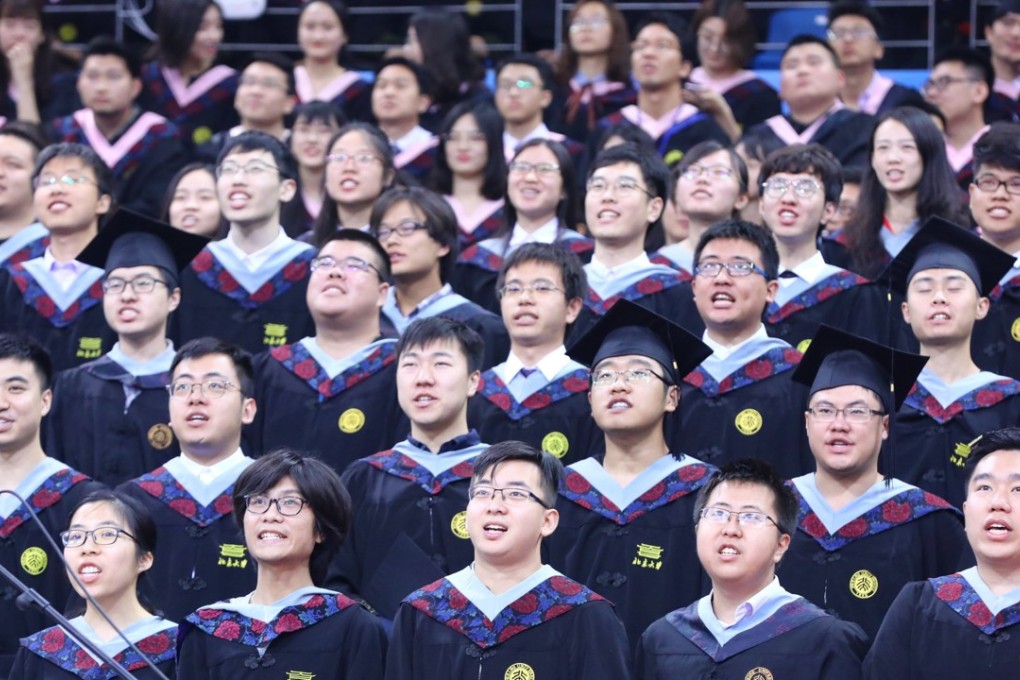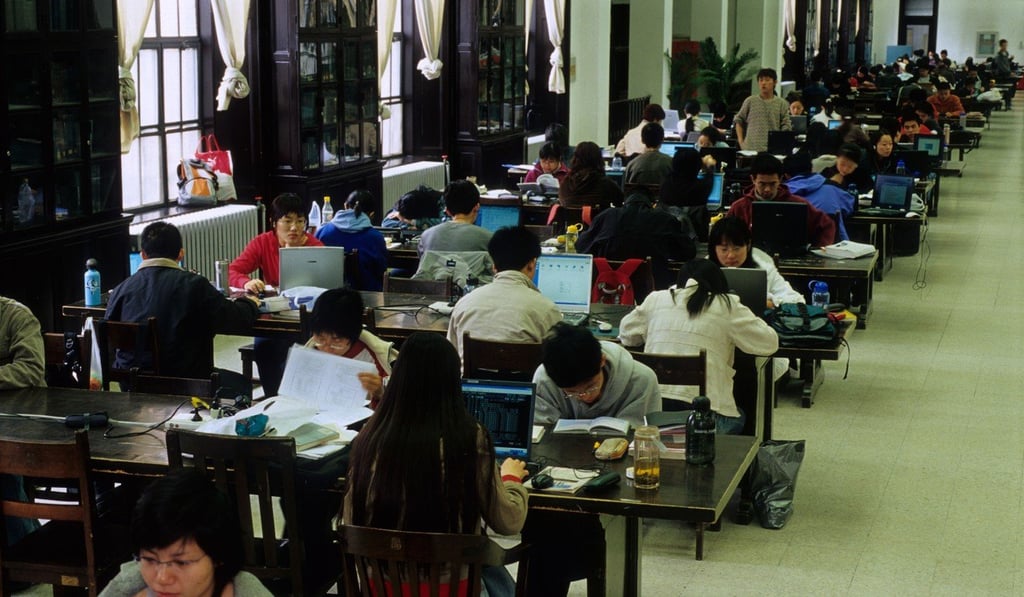China wants universities to raise academic standards and put more pressure on students
- Ministry has banned ‘clearing test’ that has long been an option to pass a subject for those who have failed twice already
- Education professor says it’s high time life got tougher for Chinese students who ‘have it too easy’

After all the intensive study to get into university – ending with the gruelling make-or-break entrance exam – for many students in China, life gets a little easier once they are at college.
In fact, most Chinese university students have been able to graduate even if they did not do well thanks to a “clearing test” offering a third chance to pass a subject after failing twice.
But now, the Ministry of Education wants that to change. In a bid to lift academic standards, universities are now required to apply much tougher penalties for plagiarism, data manipulation and students who submit work that is not their own.
And the “clearing test” which has long been an option at most mainland universities has also been banned, according to a notice issued by the ministry last month. They were usually carried out just before the graduation date and were typically much easier than the previous ones, meaning nearly every student was able to pass them.
